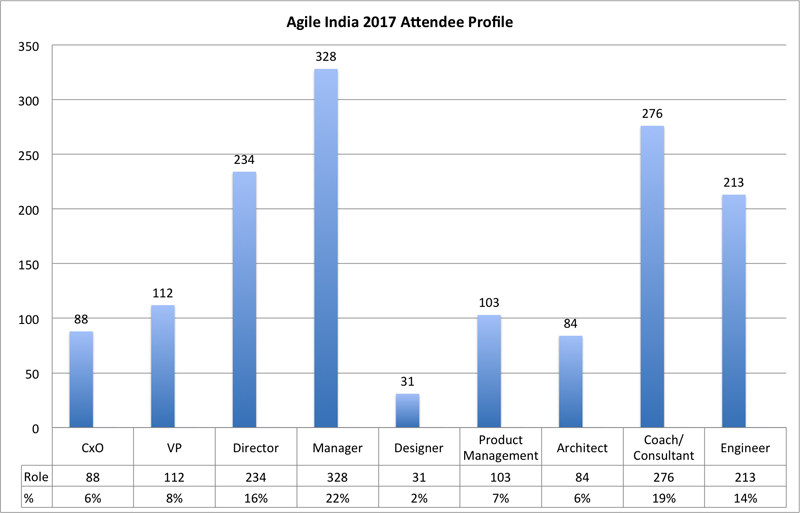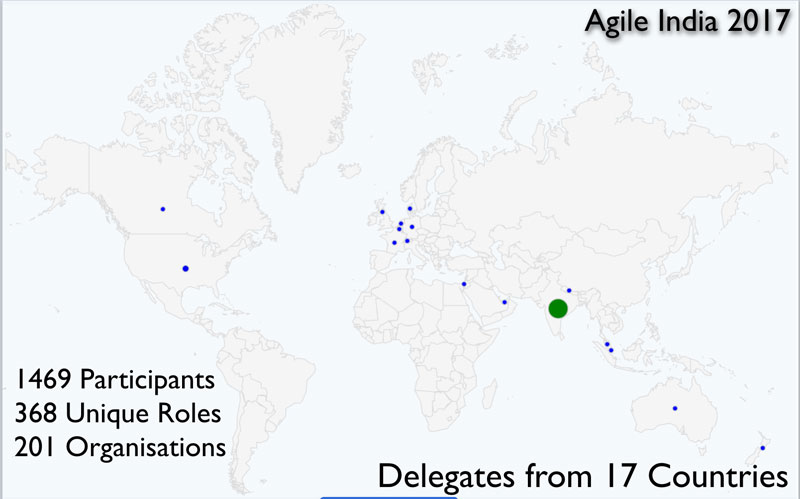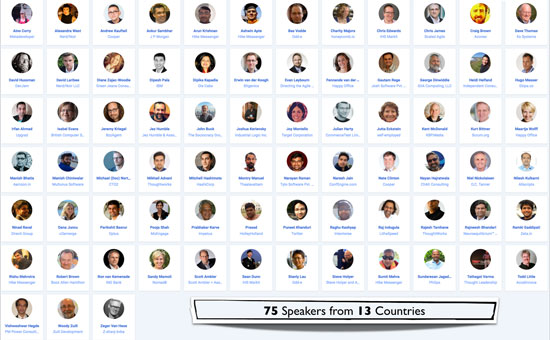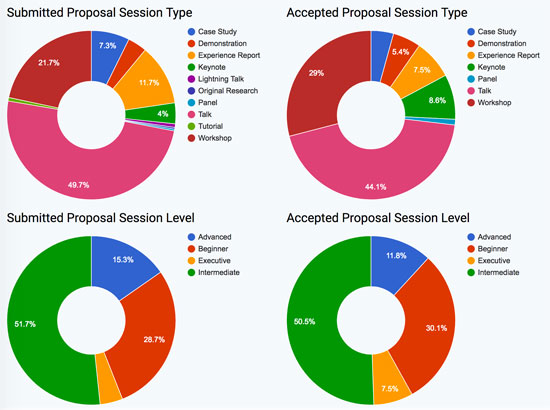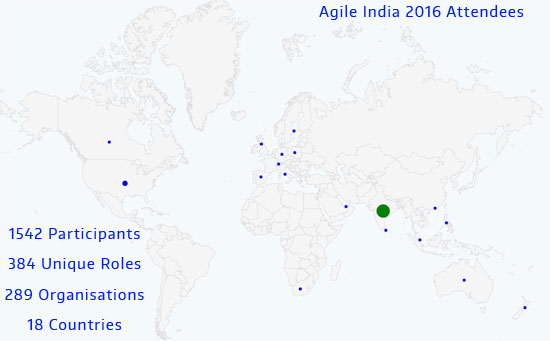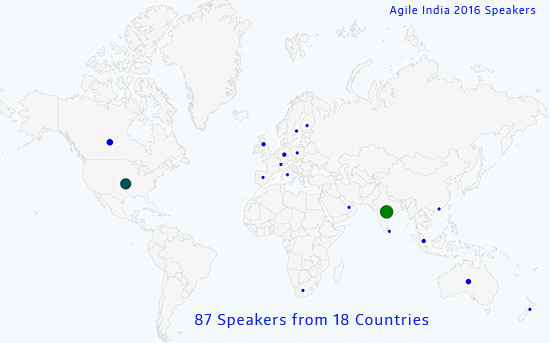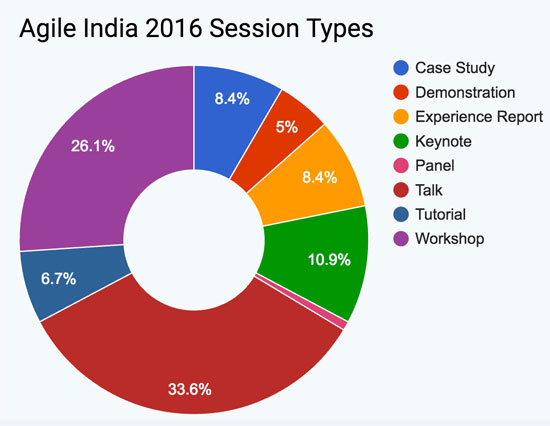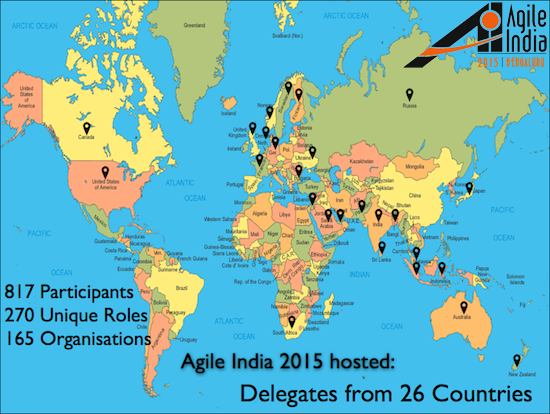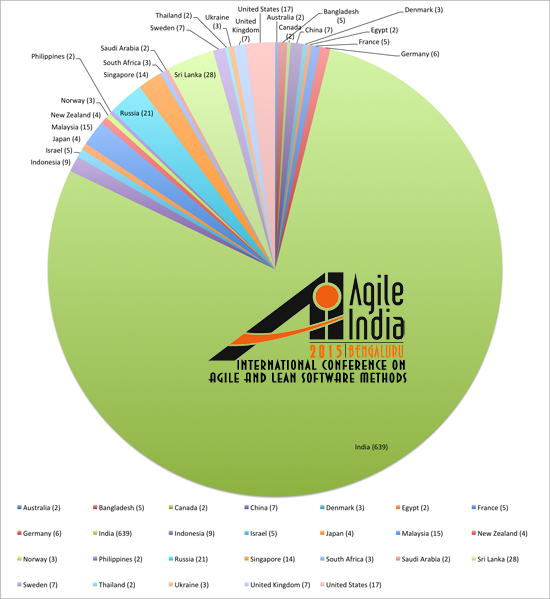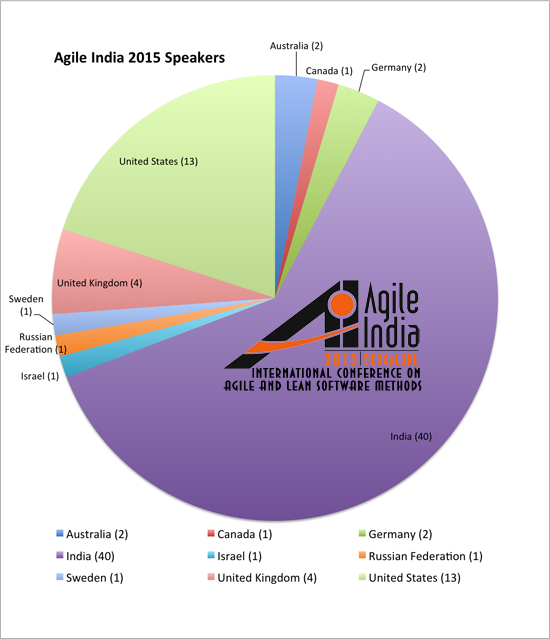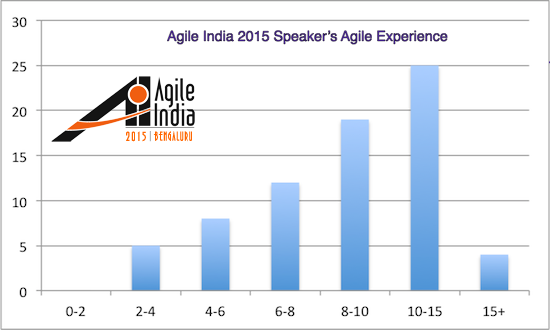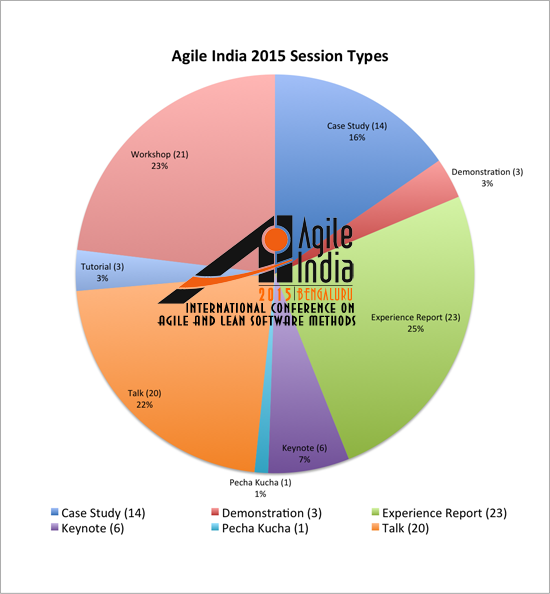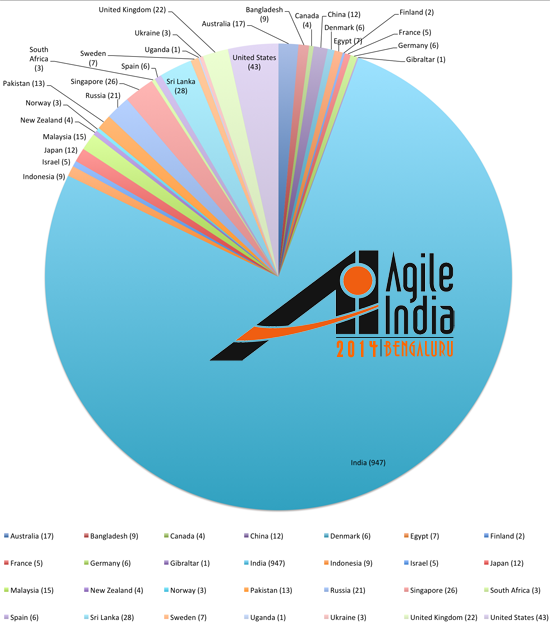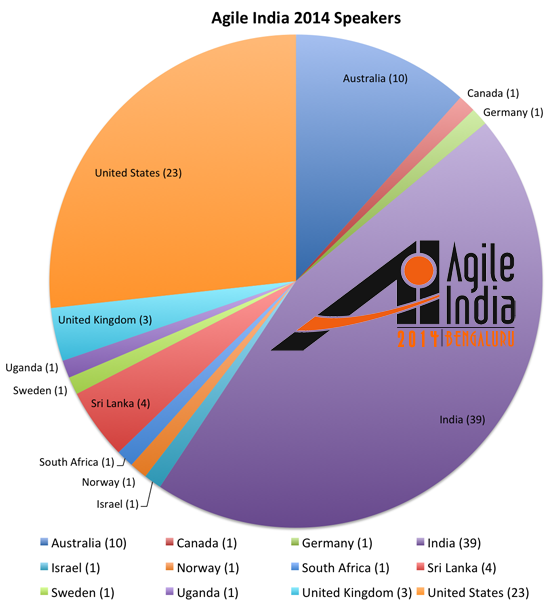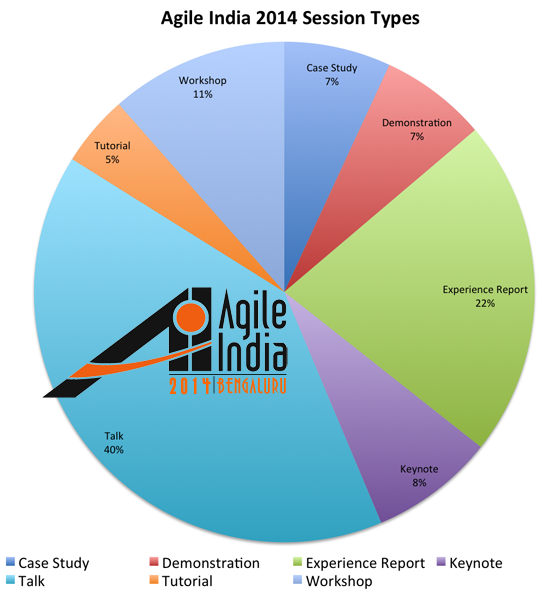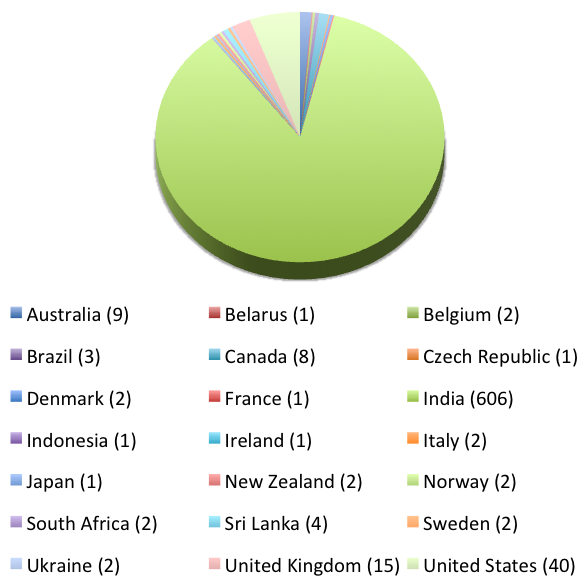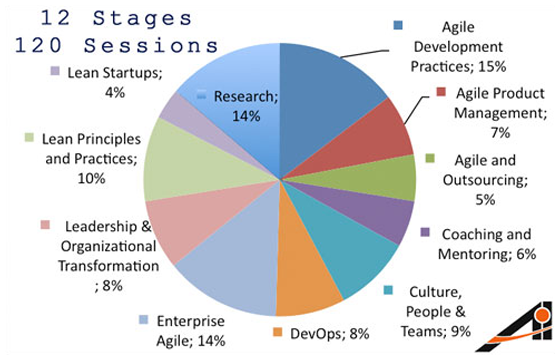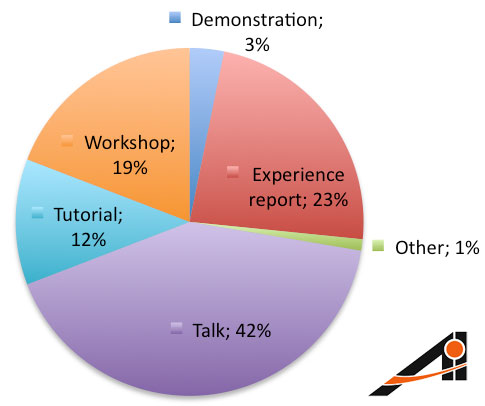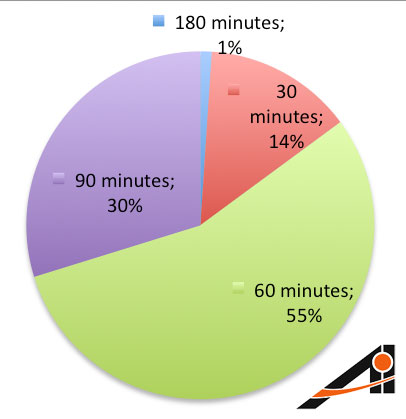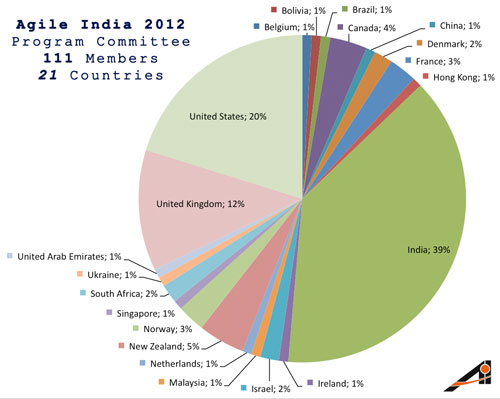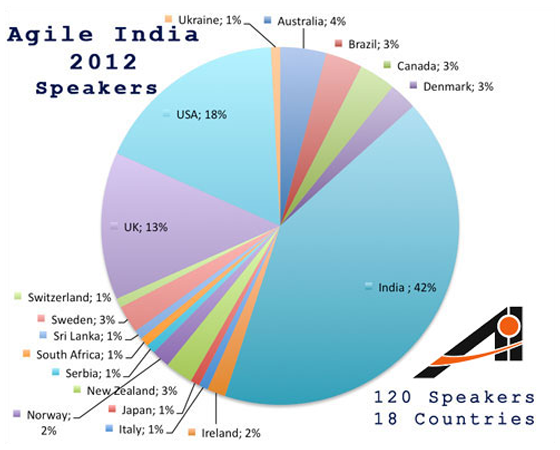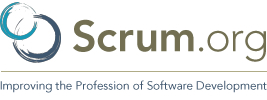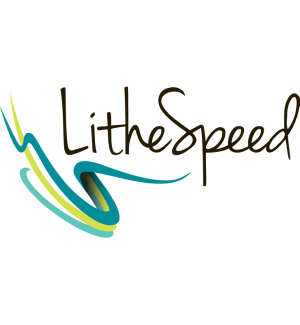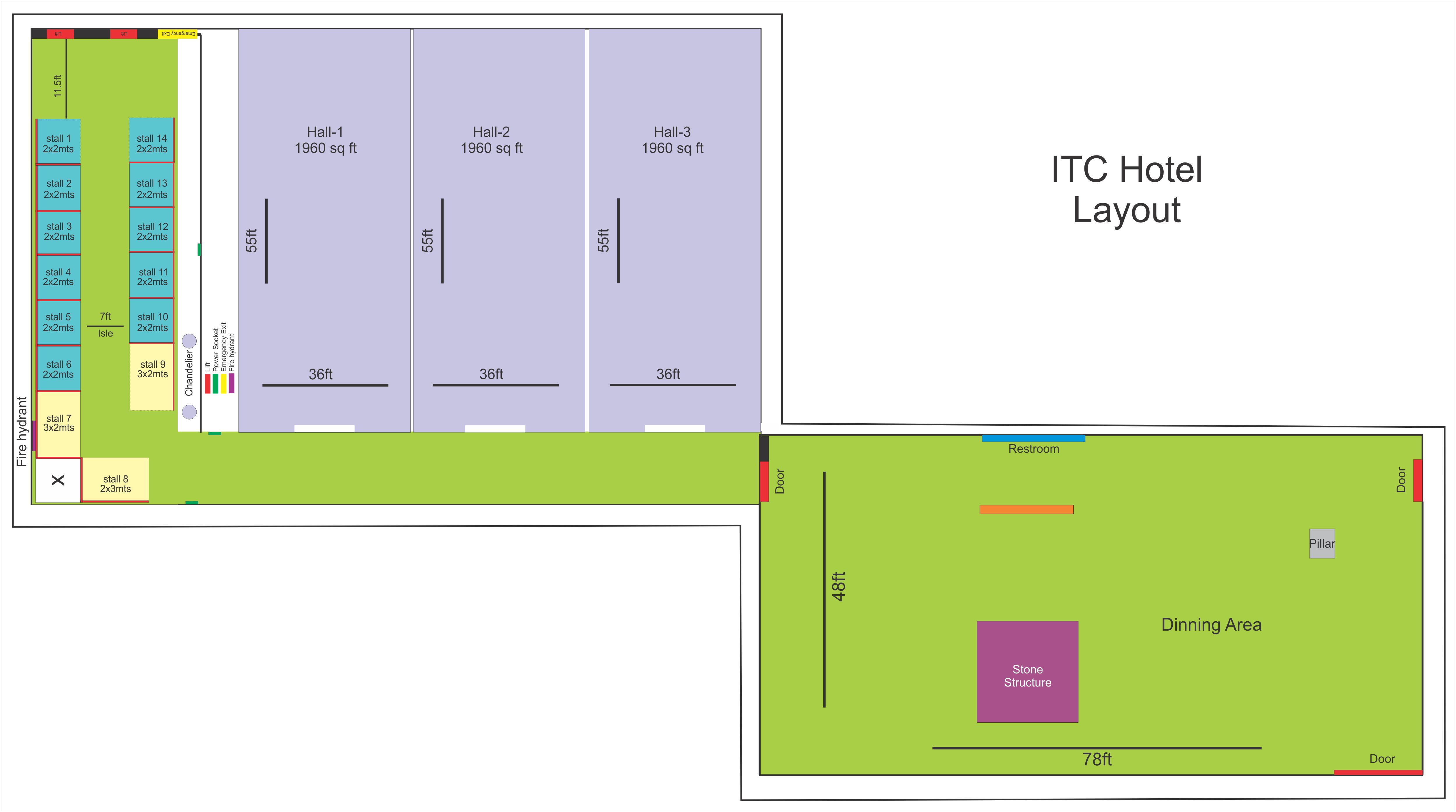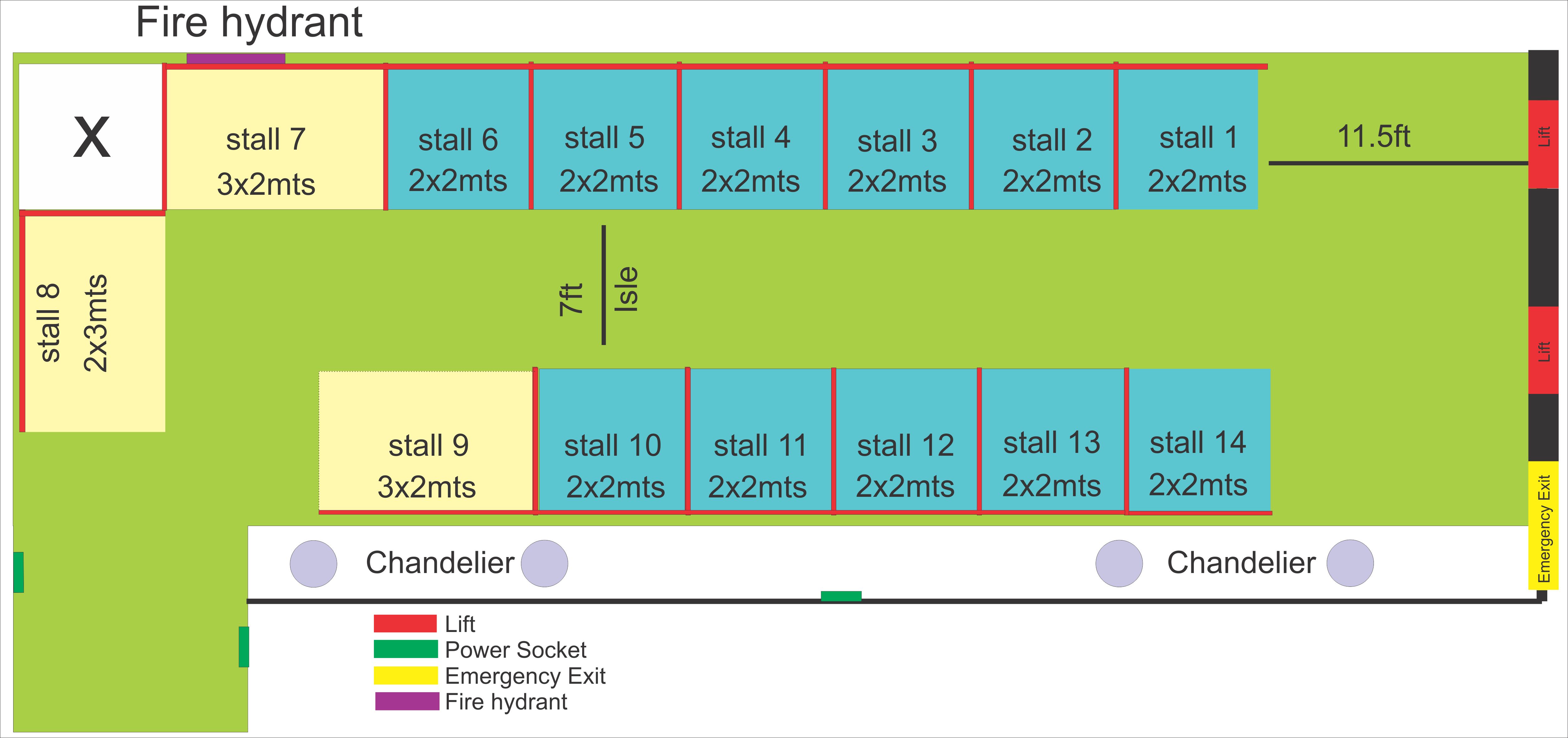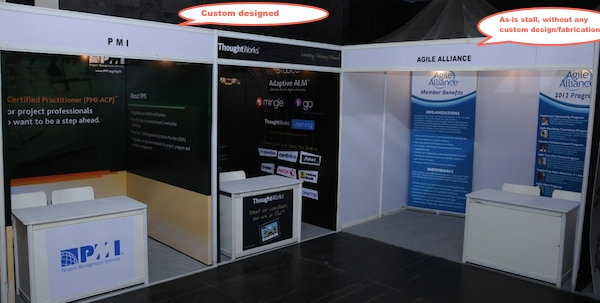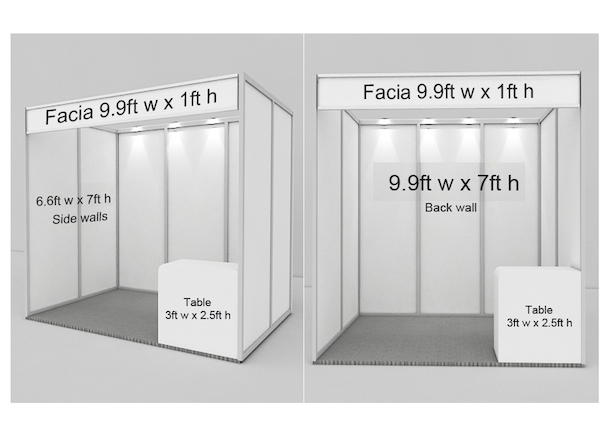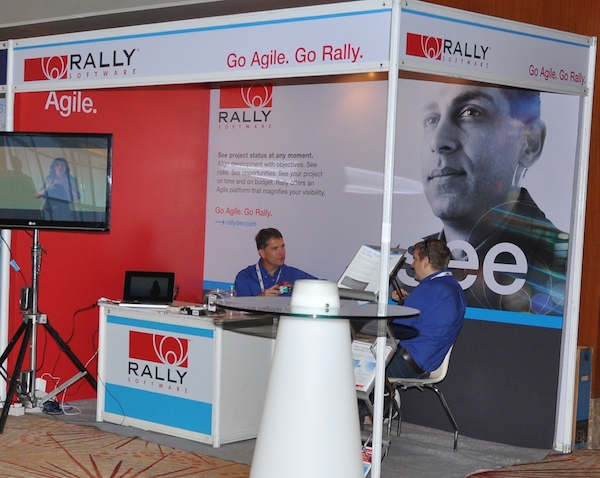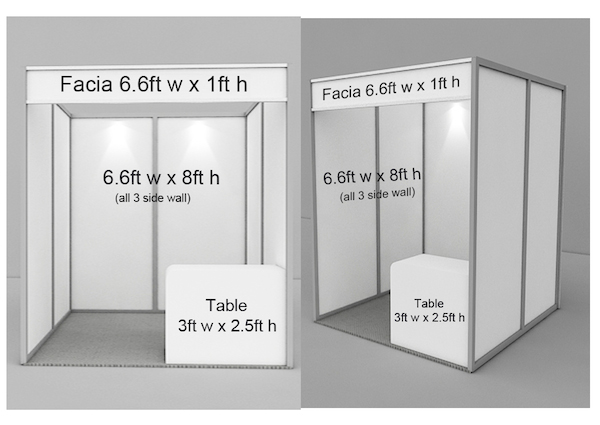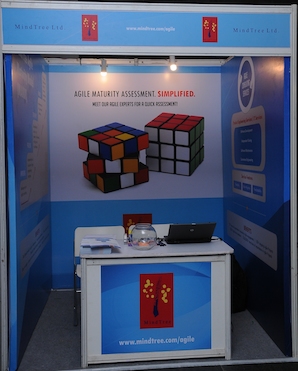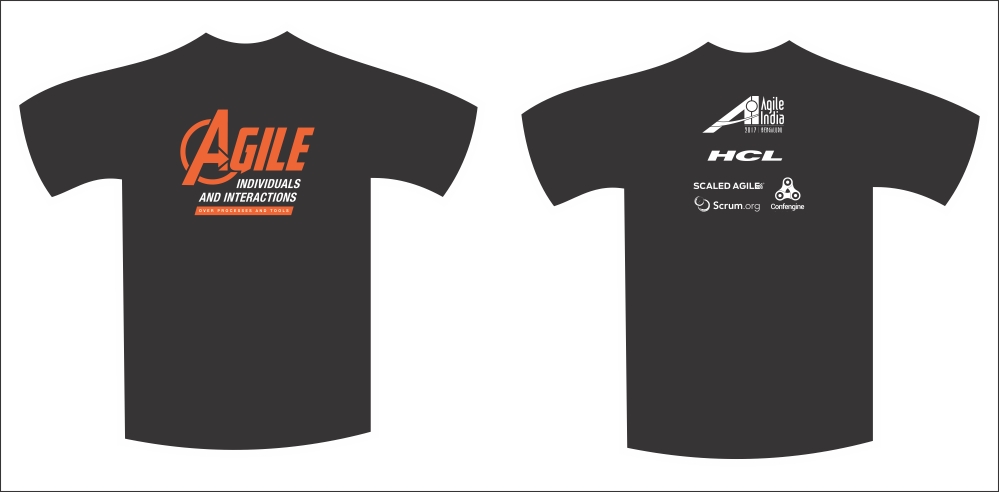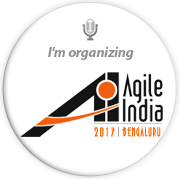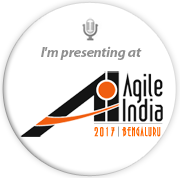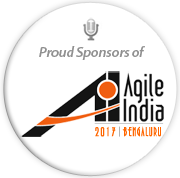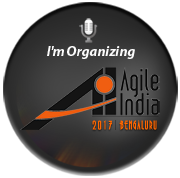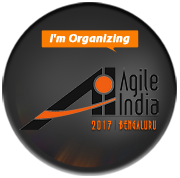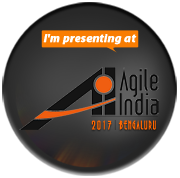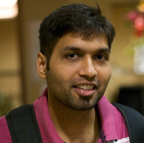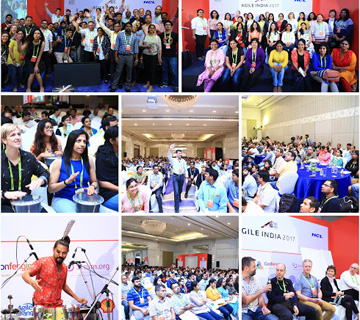Conference Program Schedule
Keynote Speakers
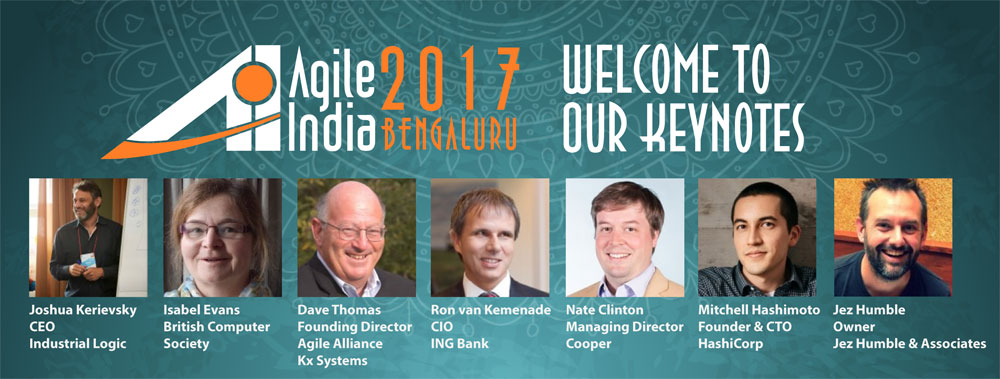
Isabel Evans – Independent Quality and Testing consultant
Isabel has more than thirty years of IT experience in the financial, communications, and software sectors. Her work focuses on quality management, software testing and user experience (UX), She encourages IT teams and customers to work together, via flexible processes designed and tailored by the teams that use them. Isabel authored Achieving Software Quality Through Teamwork and chapters in Agile Testing: How to Succeed in an eXtreme Testing Environment; The Testing Practitioner; and Foundations of Software Testing. A popular speaker and story-teller at software conferences worldwide, Isabel is a Chartered IT Professional and Fellow of the British Computer Society, Programme Secretary of the BCS SIGiST, and has been a member of software industry improvement working groups for over 20 years.
Joshua Kerievsky – CEO @ Industrial Logic Inc.
Joshua is a globally recognized thought leader in Agile and Lean software development. He is an entrepreneur, author and programmer passionate about excellent software and discovering better, faster and safer ways to produce it. As the founder and visionary leader of Industrial Logic, Joshua is currently defining what it means to practice modern agility. Modern agile practitioners work to Make People Awesome, Make Safety A Prerequisite, Experiment & Learn Rapidly and Deliver Value Continuously. Joshua is a sought-after international speaker, author of the best-selling, Jolt Cola-award winning book, Refactoring to Patterns, and a guru-level practitioner of Lean/Agile methods. His pioneering work in Agile processes has helped popularize Agile Readiness Assessments, Chartering, Storytest-Driven Development and Iterative Usability, many of which are now standard in Agile/Lean processes. He is an active blogger on forward-thinking, modern software topics with an edge.
Dave Thomas – Founding Director of Agile Alliance, Founder of YOW! Conferences @ Kx Systems
Dave Thomas, Chief Scientist/CSO, Kx Systems, Co-Founder and past Chairman of Bedarra Research Labs (BRL), creators of the Ivy visual analytics workbench and ACM Distinguished Engineer. Founder and past CEO of Object Technology International (OTI), becoming CEO of IBM OTI Labs after its sale to IBM. With a unique ability to see the future and translate research into competitive products, he is known for his contributions to Object Technology including IBM VisualAge and Eclipse IDEs, Smalltalk and Java virtual machines. Dave is a popular, humorous, albeit opinionated keynote speaker with an impressive breadth of business experience and technical depth. He is a thought leader in large-scale software engineering and a founding director of the Agile Alliance. With close links the R&D community Dave is an adjunct research professor at Carleton University in Canada and held past positions at UQ and QUT in Australia. He has been a business and technical advisor to many technology companies including Kx Systems. Dave is founder and chairman of the YOW! Australia and Lambda Jam conferences, and is a GOTO Conference Fellow.
Ron van Kemenade – CIO @ ING Bank
Ron van Kemenade is the global CIO for ING Bank. He is responsible for all information technology globally in ING, including IT strategy, architecture, IT development and operations. He has lead a very successful transformation of the global IT function, simplifying the technology landscape, introducing and maturing an agile way of working, and investing in the knowledge and competencies of the IT engineers.
He joined ING in 2003, first as head of internet banking for Postbank, later as director of retail channels and payments, and became CIO for ING Netherlands 2011. In March 2013 he was appointed global CIO for ING Bank.
Ron van Kemenade is awarded as CIO of the Year Netherlands 2016 and has recently been nominated for the upcoming European CIO of the Year 2017 award.
Nate Clinton – Managing Director @ Cooper
Nate is the Managing Director at the San Francisco office. In his role, he blends the decisiveness and collaborative skills of a product manager with the acumen of an economist to build bridges with people and organizations. Equal parts teacher and student, Nate leads initiatives in content creation, business development, and creative leadership.
At Cooper, he helped United Airlines find new ways to reward loyal customers, led an effort at GE Healthcare to create a strategy for the international expansion of a key product line, and designed solutions for workplace collaboration, delivering technology to schools, and the future of the connected kitchen. Before Cooper, Nate led design and product management at BuildZoom, and was a Director of Product Management at Thomson Reuters.
Mitchell Hashimoto – Founder and CTO @ HashiCorp
Mitchell Hashimoto is best known as the creator of Vagrant, Packer, Terraform and Consul. Mitchell is the founder of HashiCorp, a company that builds powerful and elegant DevOps tools. He is also an O’Reilly author. He is one of the top GitHub users by followers, activity, and contributions. “Automation obsessed,” Mitchell solves problems with as much computer automation as possible.
Jez Humble – Owner @ Jez Humble & Associates LLC
Jez Humble is co-author of the Jolt Award winning Continuous Delivery, published in Martin Fowler’s Signature Series (Addison Wesley, 2010), and Lean Enterprise, in Eric Ries’ Lean series (O’Reilly, 2015). He has consulted for many Global 500 companies to help them achieve technical excellence and deploy a culture of experimentation and learning. His focus is on helping organizations discover and deliver valuable, high-quality products. He is co-founder of consulting company Humble, O’Reilly & Associates, and teaches at UC Berkeley.
Check out the Full Speaker List.
Conference Themes
Broadly the conference is divided into the following independent parts:
Pre-Conference Workshop - March 6th
The conference sessions might not give you a very in-depth learning experience on the topics. To address this issue, we plan to host 5-8 workshops before the conference by our expert international speakers. This will help you get the insights directly from the experts.
Agile Mindset - March 7th
- Creating a high trust environment where Agile values and principles can thrive
- Good collaboration
- Harnessing the knowledge of the team
- Building teams that enjoy working together
- 90 mins Hands-On Workshops
Agility at Scale - March 8th
- Scaling Agile - Frameworks
- People (career) & Performance Appraisals
- Tools - Portfolio Management, Distributed Teams
- 90 mins Hands-On Workshops
Lean Product Discovery - March 9th
- Customer Development (Product Discovery)
- Crafting MVPs & Safe-Fail Experimentation
- Design Thinking
- Lean UX
- Lean Delivery
- Actionable Metrics
- 90 mins Hands-On Workshops
Continuous Delivery & DevOps- March 10th
- Culture Transformation
- Software Craftsmanship
- TDD/BDD, CI, Refactoring
- Evolutionary Design
- Test Pyramid
- Legacy Code
- Cross-functional Team Collaboration
- DevOps Tools - Build, Deployment, Monitoring
- 90 mins Hands-On Workshops
Post-Conference Workshop - March 11th & 12th
Similar to the Pre-Workshops, we'll also host some workshops post the conference.
Confirmed Speakers
Agile India 2017 Confirmed Speakers.
Session Formats
- 3 Mins Lightning Talks (10 Talks in one 30 mins slot)
- 20 Mins Experience Reports (followed by 10 mins break)
- 45 Mins Case Study (followed by 15 mins break)
- 45 Mins Expert Talk/Demo (followed by 15 mins break)
- 60 Mins Keynote
- 90 Mins Hands-On Workshop/Tutorial
Experience Report authors have to write a 2-3 page report about their experience.
Case study authors have to write a 5-6 page report about the experience.
Like at Agile India 2014, we'll help the authors to write and publish these reports. They'll be available to all participants.
Important Timeline
Agile India 2017 Important Timeline.


